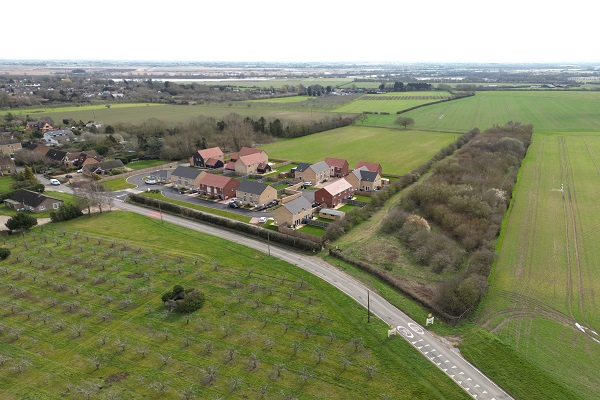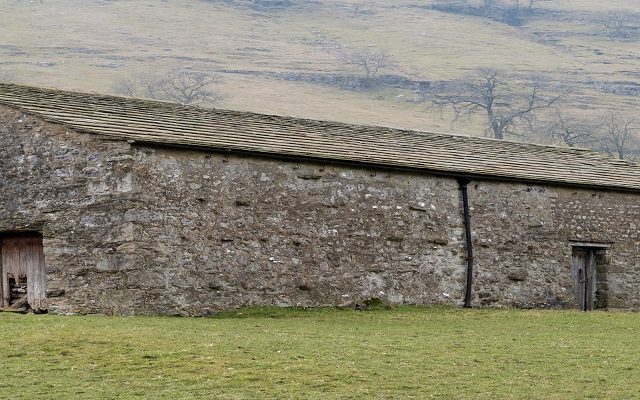Unleashing Rural Opportunity: What’s been promised?
The Government’s charm offensive to win over the countryside continues.
Just weeks after it held the Farm to Fork Summit at 10 Downing Street, the Government has unveiled a new rural action plan to deliver housing and jobs, alongside better digital connectivity and transport links, in the countryside.
Defra Secretary of State Thérèse Coffey has published a new report Unleashing Rural Opportunity which includes a package of measures which the government says will drive growth in rural areas.
The package has four themes – to grow the economy, improve connectivity, improve housing and support communities.
The headline announcement is that a new £7 million fund will be made available to test ways to combine satellite, wireless and fixed line internet connectivity, to give farmers and tourism businesses in remote areas access to faster and more reliable internet connections.
In a bid to increase the supply of new affordable housing to rent or buy in rural areas, the government will also look at creating a network of new ‘Rural Housing Enablers’ who will identify sites with local support for development and in keeping with the local area.
The government has also promised it will consult on making it easier for farmers to change their redundant agricultural buildings into family homes by cutting red tape.
It suggests planning rules could be changed ‘to provide a more generous threshold delivered through the more streamlined planning process, while providing local authorities with new powers to safeguard against second homes and holiday lets.’ It is assumed that this means there are likely to be changes to permitted development rights.
Other highlights in what is a broad package of measures include pledges to:
- Review how deprivation in rural areas is measured so that it is better understood and taken into account in decision making
- Consult on planning changes to make agricultural development more flexible for farmers so they can amend their existing agricultural buildings to make them more productive more easily.
- Consult on further steps to help remote communities get online by encouraging the provision of fixed wireless access and satellite services
- Improve local transport networks through a Future of Transport Rural Strategy, which will set out plans to improve access to services, tackle isolation and increase access to jobs in rural and remote areas
- Support electricity infrastructure in rural areas to make sure it keeps up with changing needs, as consumers move to EV charging and electrified heating systems
- Consult on reforming grant funding for bus operators to help them keep fares low while protecting rural routes
- Extend the scope of the Platinum Jubilee Village Halls Fund from Autumn 2023 by lowering the minimum grant threshold to £2,000
- Publish a new public libraries strategy for England in 2024 to recognise the role as they play in many rural areas as hubs for local services and digital connectivity
- Introduce legislation this summer which will increase fly-tipping and litter penalties
- Additional funding for the NPCC’s new national rural crime unit, to help cut crime
- Publish a Dental Plan which will set out further reform to improve access to NHS Dentistry, including in rural areas which may find it particularly hard to recruit and retain dentists
- Consult on a new fund to help smaller abattoirs to improve productivity and enhance animal welfare, aiming to open a fund for applications later this year
It is an important step forward that the government is recognising the need for support for different services and activities in rural places. While they can be very attractive places to live and work, compared to many urban areas they generally have poorer communication infrastructure, worse services and are more expensive.
What is hard to judge at this stage is how significant the report could prove to be in the long term. There are few figures for the amount of funding for different measures, and the funding also needs to be put into context of current funding and also historical funding levels.
Although it may be overlooked, we think that one of the most interesting elements is the commitment to review how deprivation in rural areas is measured. Rural economies are very different across the country and those different characteristics require different priorities and interventions. Linked to this, and a recurring theme at the conference at which Thérèse Coffey announced the package, is giving local organisations and leaders the power to develop approaches for their areas.






